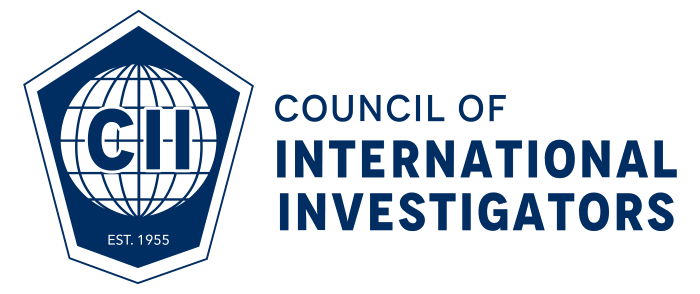In today’s business landscape, thorough due diligence isn’t optional—it’s essential. Whether you’re evaluating a potential acquisition, vetting a new partner, or conducting background checks, overlooking key warning signs can expose your organization to financial, reputational, and legal risks. At CaptureINTEL, we’ve seen how subtle red flags often go unnoticed until it’s too late. Here are some of the most overlooked issues you should watch for.
1. Incomplete or Delayed Documentation
If a company or individual is reluctant to provide records—or consistently delays in handing them over—that’s more than an administrative hiccup. It could indicate they are concealing liabilities, pending litigation, or financial inconsistencies.
What to look for: Missing tax filings, inconsistent financial statements, or vague explanations about unavailable records.
2. Unclear Ownership Structures
Shell companies, offshore accounts, and layered ownership can make it difficult to identify who really controls an entity. These structures can be used to obscure conflicts of interest, money laundering, or other illicit activities.
What to look for: Frequent transfers of ownership, unusually complex corporate hierarchies, or undisclosed beneficial owners.
3. Litigation Histories That Don’t Add Up
Legal disputes aren’t uncommon, but a pattern of lawsuits—particularly those related to fraud, breach of contract, or regulatory violations—can signal deeper issues.
What to look for: Repeated cases involving similar claims, undisclosed settlements, or legal proceedings in multiple jurisdictions.
4. Reputation Risks
While financials and legal records provide hard data, reputational due diligence offers critical context. Ignoring whispers of misconduct, negative media coverage, or poor stakeholder relationships can create major risks down the road.
What to look for: Negative press, high employee turnover, poor online reviews, or regulatory scrutiny in trade publications.
5. Regulatory and Compliance Gaps
Failure to comply with industry regulations isn’t always obvious at first glance. However, even small compliance gaps can escalate into fines, operational disruption, or reputational harm.
What to look for: Outdated licenses, inconsistent compliance records, or lack of transparent policies around ethics and governance.
6. Too-Good-to-Be-True Financials
Strong growth and profitability are attractive, but if the numbers look too perfect, it’s worth asking more questions. Manipulated financials can mask debt, mismanagement, or fraudulent activity.
What to look for: Sudden unexplained revenue spikes, mismatched cash flow, or discrepancies between financial statements and industry benchmarks.
Final Thoughts
Due diligence is more than a box-checking exercise—it’s about uncovering hidden risks before they become costly mistakes. At CaptureINTEL, we specialize in identifying the subtle red flags that others miss, giving our clients the confidence to move forward with clarity and security.






